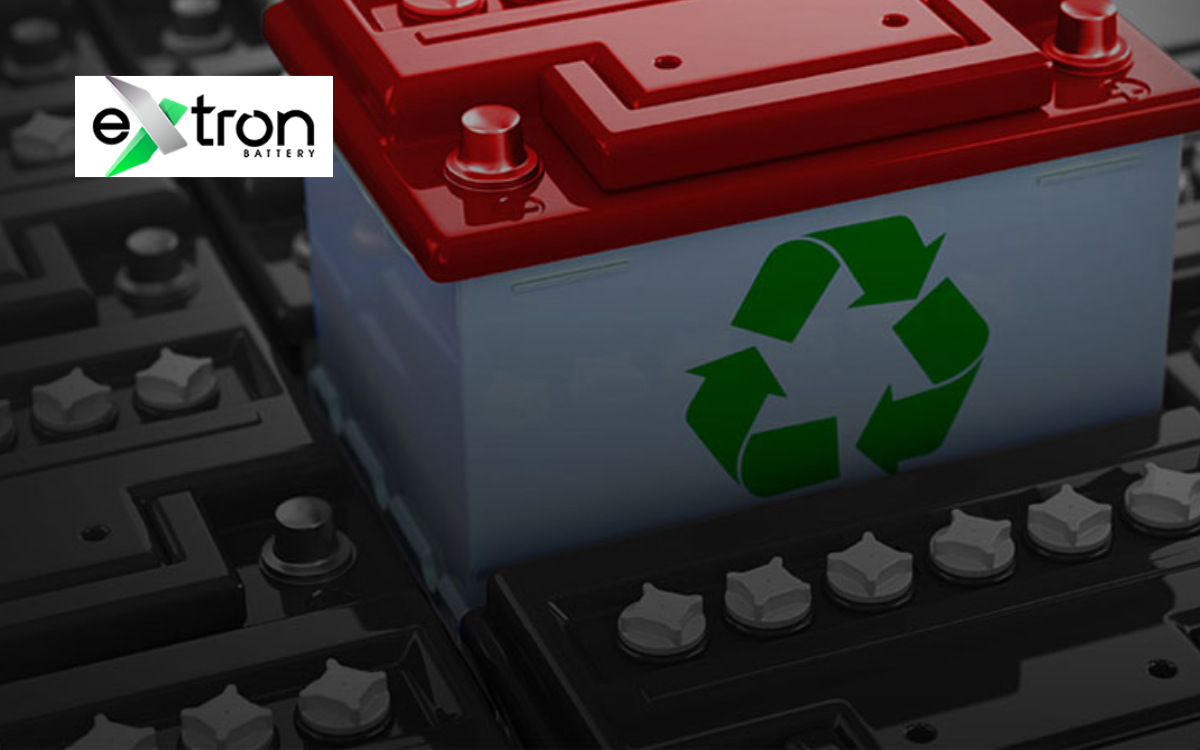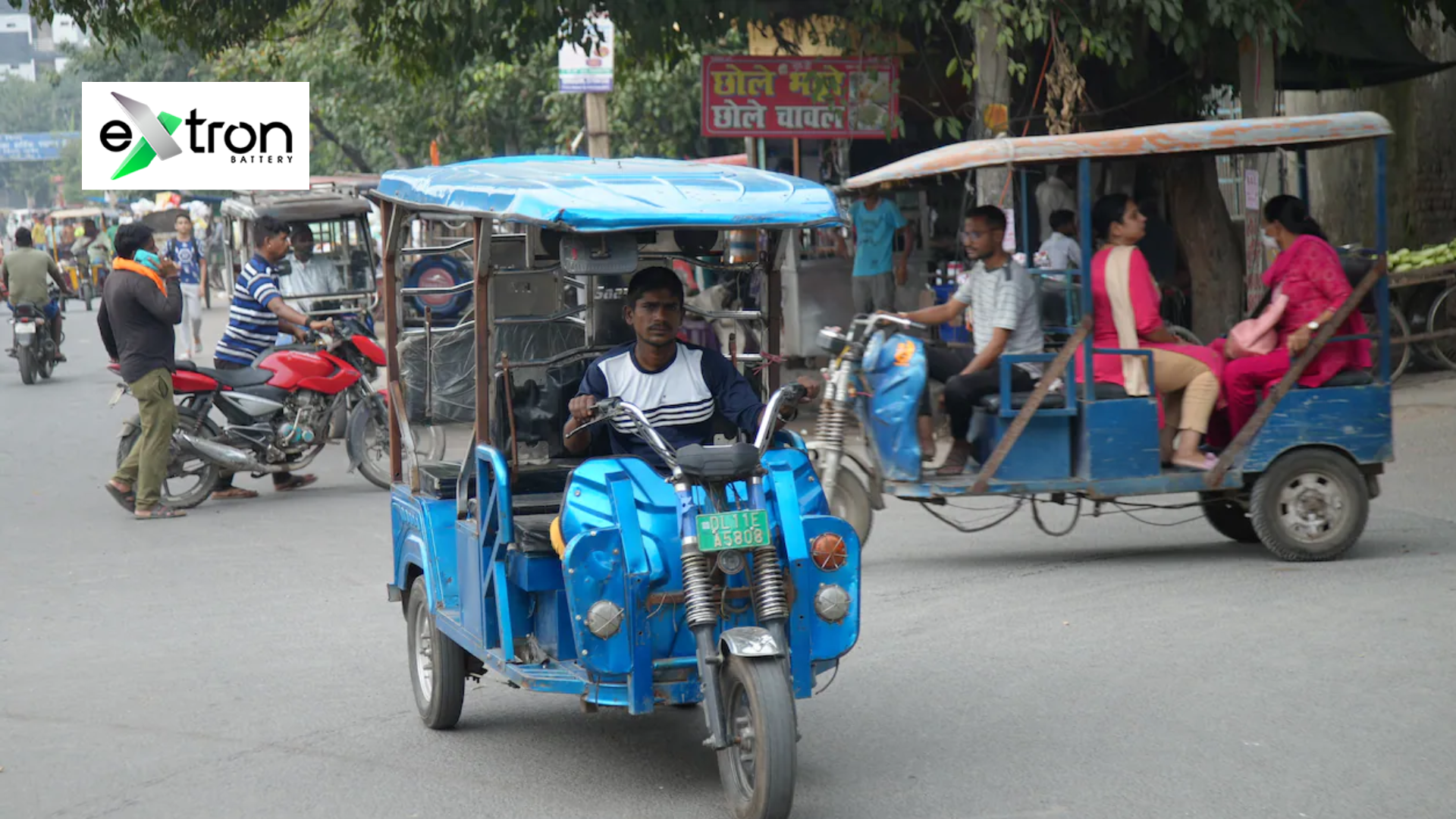In today’s world, where environmental concerns are at the forefront, recycling has become an indispensable practice. Recycling not only helps conserve natural resources but also reduces pollution and saves energy. One particular area where recycling plays a crucial role is in the realm of inverter batteries. Extron, as a renowned battery manufacturer in Rajasthan, recognizes the significance of recycling inverter batteries and has taken proactive steps to promote this eco-friendly practice.
In this blog, we’ll explore the significance of recycling inverter batteries and its positive environmental implications.
1.Conserving Resources:
The production of inverter batteries involves the extraction of valuable materials such as lead, acid and other components. By recycling used inverter batteries, we can significantly reduce the need for extracting fresh raw materials. This conservation of resources is vital as it minimises the environmental impact of mining activities, which often result in habitat destruction and ecosystem degradation. Recycling plays a pivotal role in ensuring the efficient utilisation of these finite resources.
2.Reducing Pollution:
Improper disposal of inverter batteries can lead to severe environmental pollution. Batteries contain hazardous substances, including lead and sulfuric acid, which can contaminate soil, water bodies and air if not handled correctly. Through the recycling process, these harmful materials can be safely extracted and neutralised, preventing pollution and protecting our ecosystems.
3.Energy Efficiency:
Recycling inverter batteries offers significant energy savings when compared to the production of new batteries. Extracting raw materials and manufacturing batteries consumes substantial amounts of energy. By recycling used batteries, we can reduce the demand for energy-intensive extraction and production processes. This energy conservation translates into lower greenhouse gas emissions and a reduced carbon footprint.
4.Promoting Circular Economy:
The recycling of inverter batteries aligns with the principles of a circular economy. Rather than following a linear “take-make-dispose” model, a circular economy focuses on keeping resources in use for as long as possible. By recycling and reusing inverter batteries, we extend their lifespan and reintroduce valuable materials back into the production cycle.
5.Encouraging Responsible Behavior:
Raising awareness about the importance of recycling inverter batteries is crucial for creating a culture of responsible environmental behaviour. Educating individuals about proper disposal methods and the benefits of recycling empowers them to make informed choices.
Extron, as a leading battery manufacturer in Rajasthan , India, understands the significance of recycling inverter batteries. By promoting this eco-friendly practice, Extron contributes to conserving resources, reducing pollution, increasing energy efficiency and fostering a circular economy. They emphasize the importance of responsible behavior and aim to raise awareness about the positive environmental implications of recycling inverter batteries.

